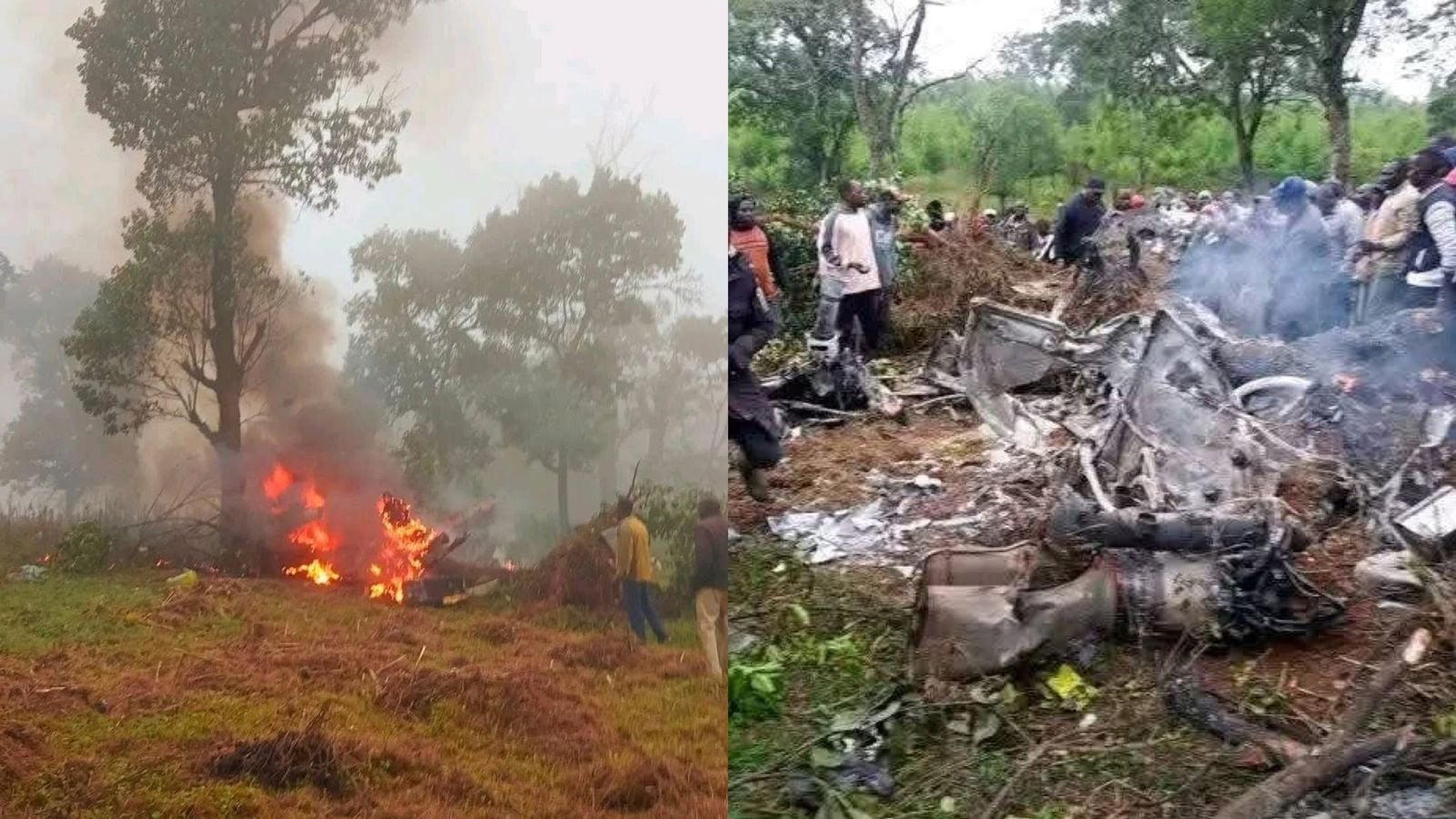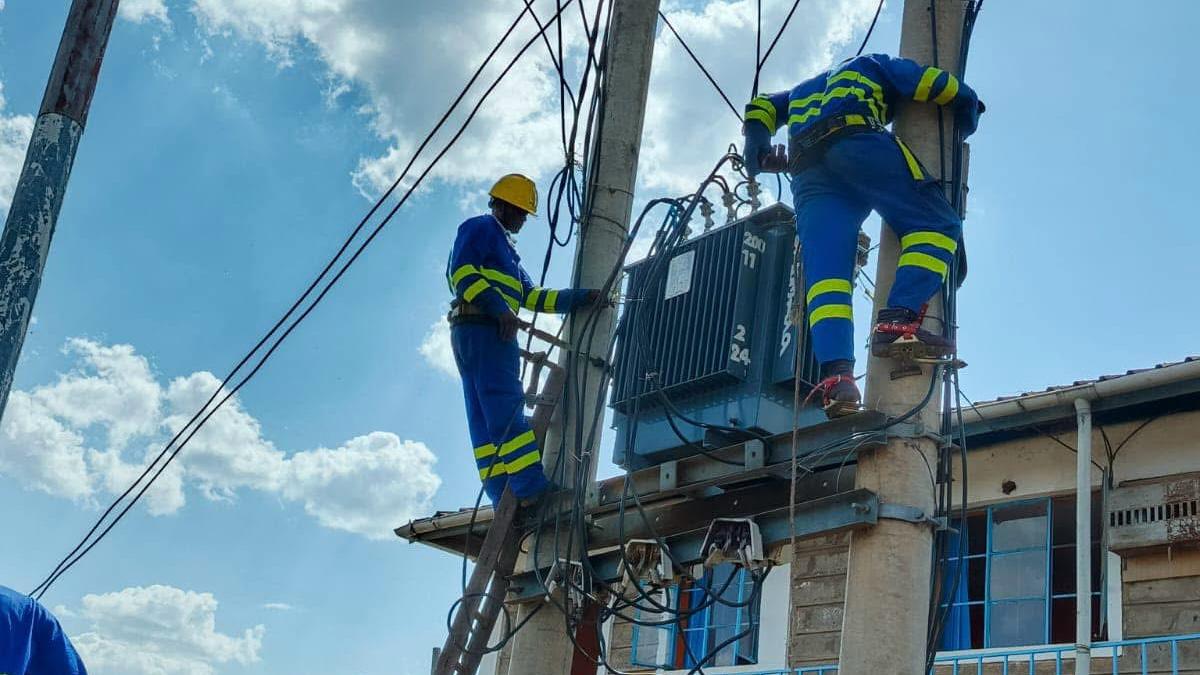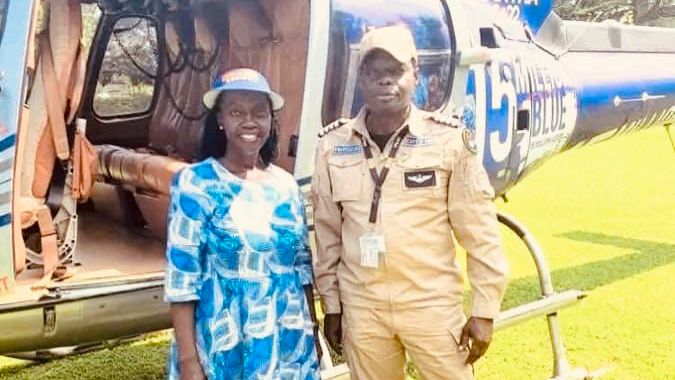The World Bank has dismissed claims that it is in the process of granting the Kenyan Judiciary Ksh17 billion to build a court and toilets for the Supreme Court judges.
In an update on Friday, December 6, the financial institution said they had not received an official request from the National Treasury to support the Judiciary.
"The World Bank and World Bank Africa have not received an official request from the Government of Kenya (National Treasury) to support Kenya's judiciary. We welcome any details you may have," the brief statement read.
The clarification followed claims by lawyer Ahmednasir Abdullahi that Chief Justice Martha Koome was meeting officials from the World Bank to lobby for the grant.
The World Bank further asked the city lawyer to provide any details he might have with regard to the claims.
Read More
The World Bank has been instrumental in supporting the judiciary's transformation since 2012.
The most notable project is the Judicial Performance Improvement Project (JPIP) which received a total of $120 million in funding.
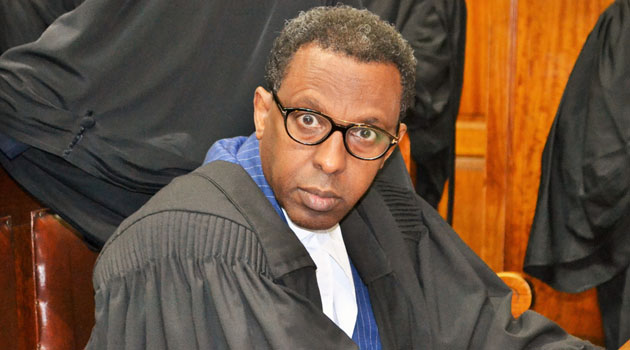
The project was in a bid to enhance judicial efficiency and accountability, and focuses on improving access to courts, reducing case resolution times, and enhancing decision-making quality.
Key components include court infrastructure development, case management systems, and judiciary training.
The World Bank was established in 1944 during the Bretton Woods Conference to aid post-World War II reconstruction, initially focusing on Europe.
Its first loan was to France in 1947, and it later expanded to developing countries, emphasizing infrastructure projects like roads and dams.
Over time, its mission shifted towards poverty reduction and sustainable development, notably through the creation of the International Development Association in 1960.
Today, the World Bank provides financial and technical assistance to low- and middle-income nations, influencing economic policies and reforms as a condition for loans.
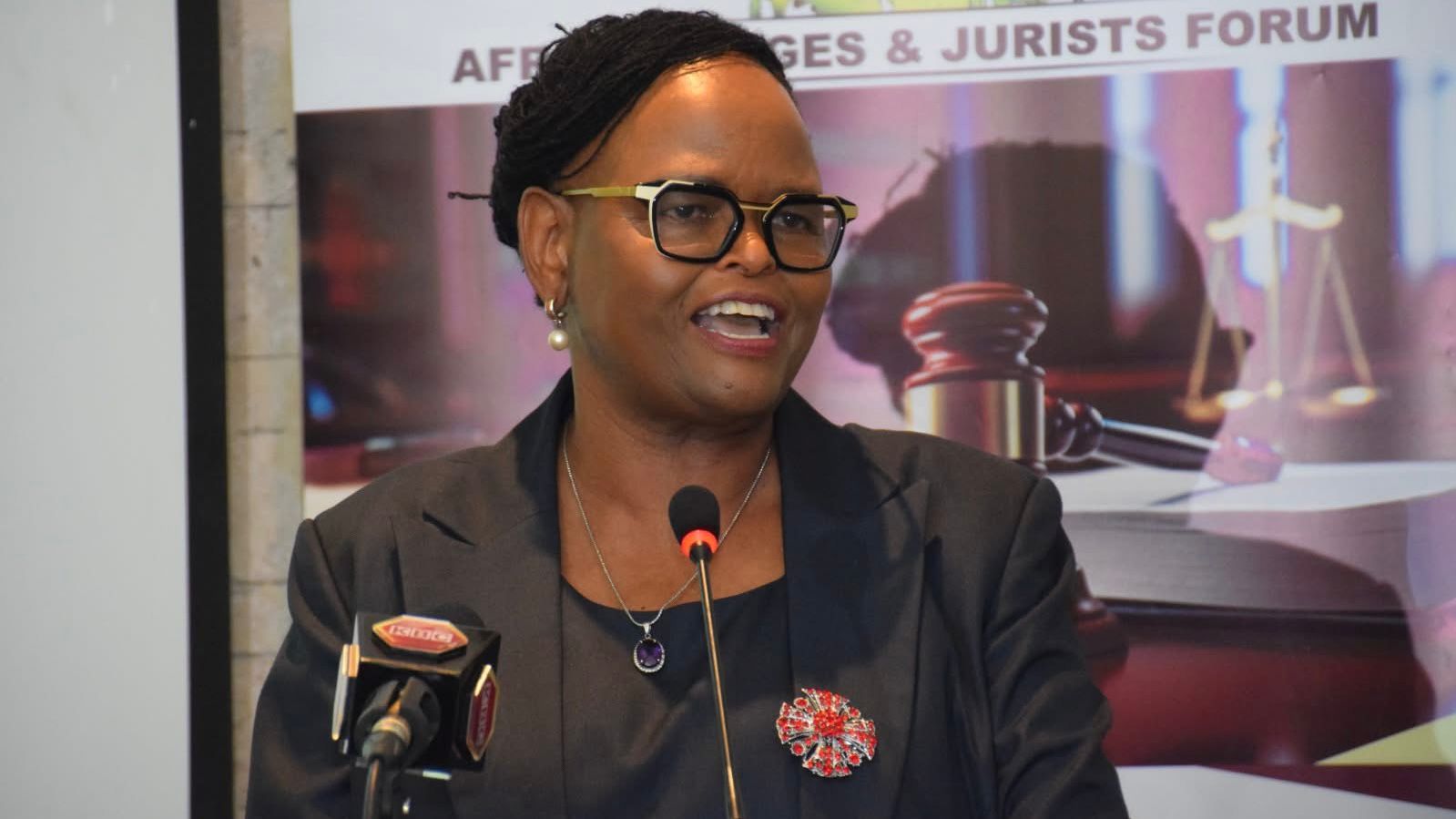
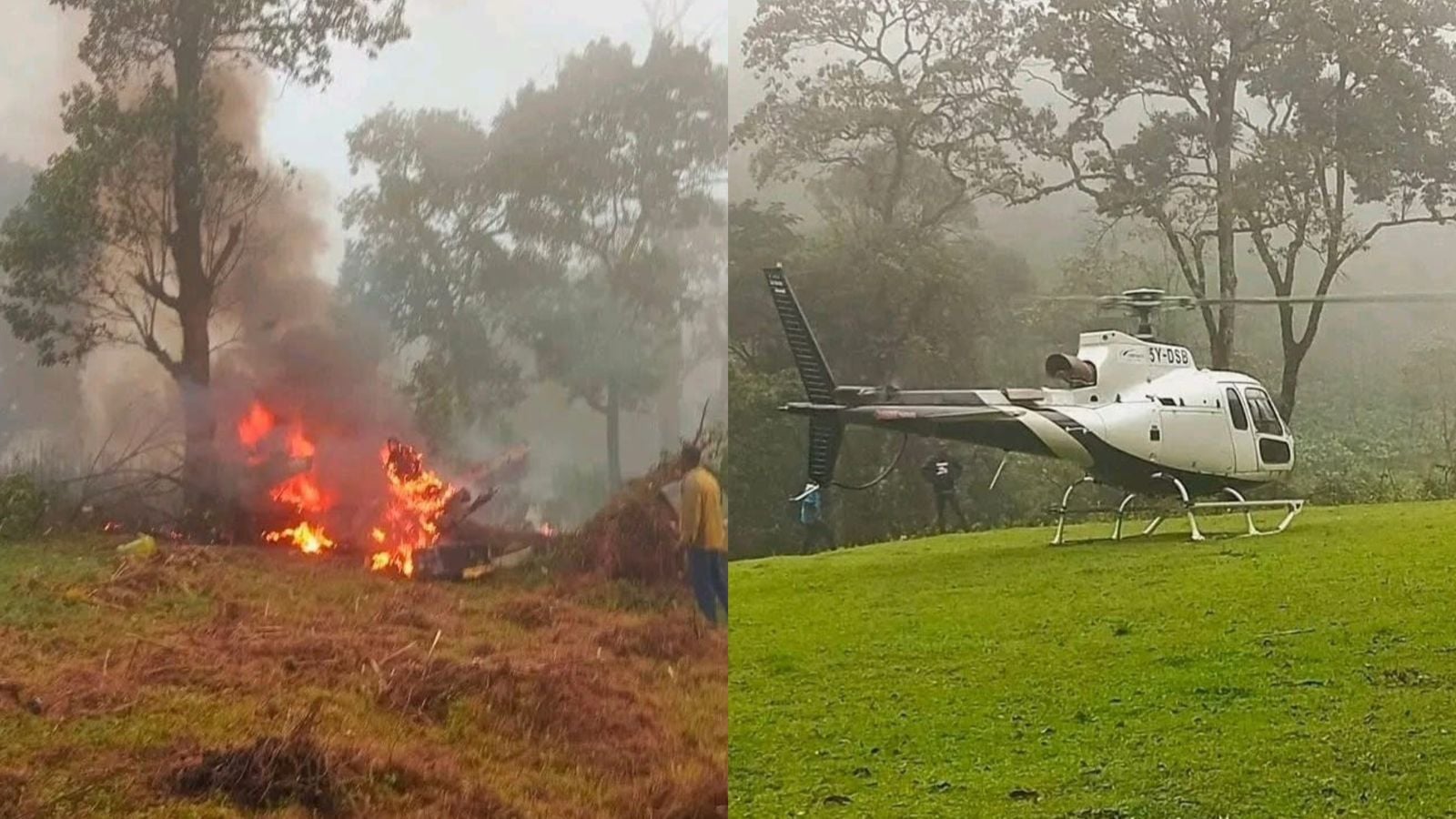
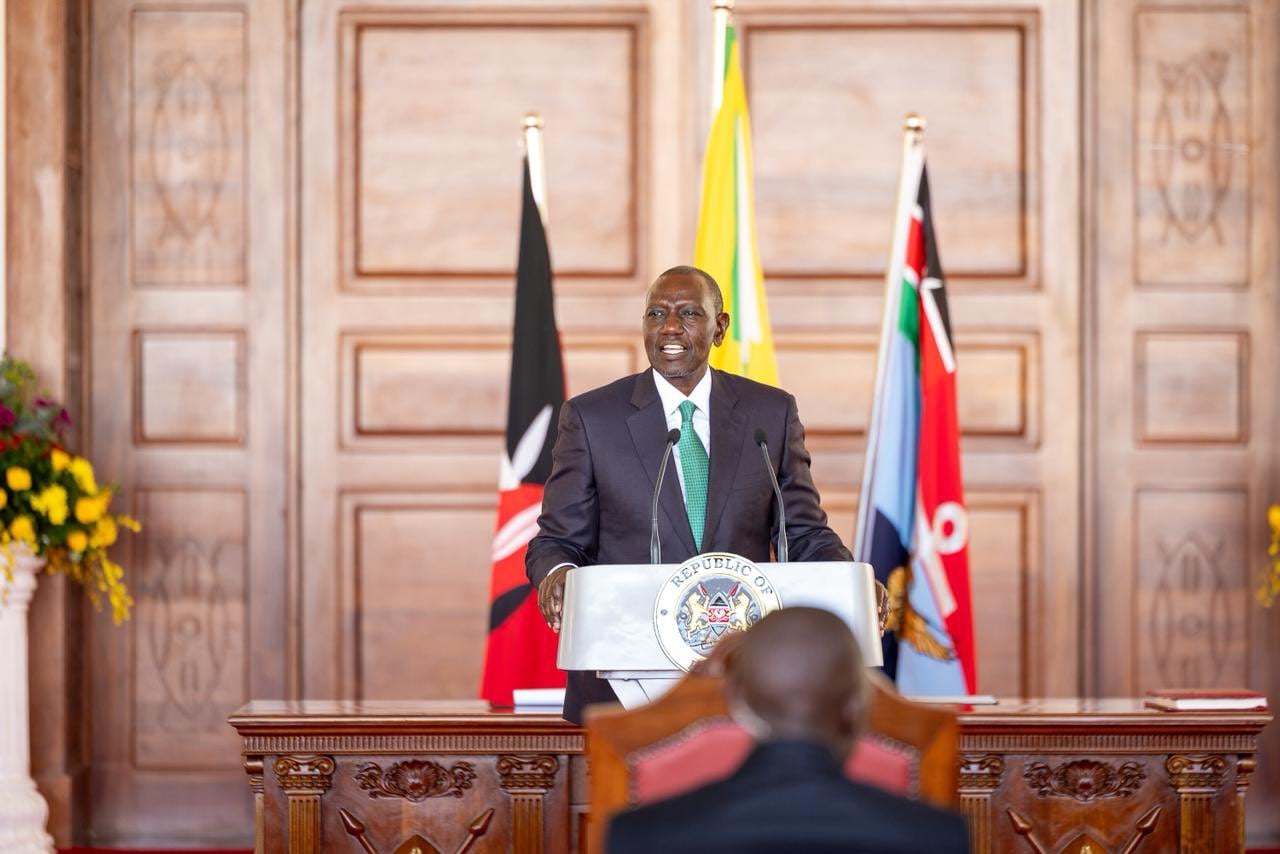
-1772427756.jpg)
